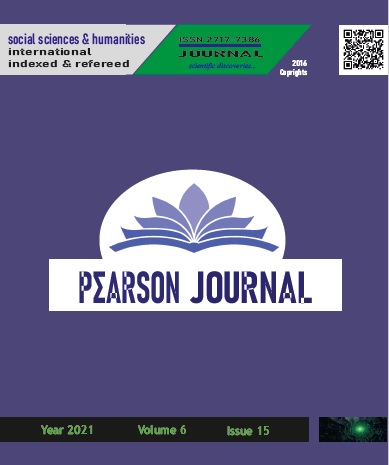The Problem of Representation of Turkish Women in Politics (1980s to the Present)
DOI:
https://doi.org/10.46872/pj.382Keywords:
Women, Politics, Quota, Sexism, Equality, Tansu ÇillerAbstract
In Turkish modernization, important steps were taken under the leadership of Mustafa Kemal Atatürk so that women could reach the level of contemporary civilized peoples. For this purpose, women who have lagged behind the society in education, training and social life, especially gender equality, have been granted political rights before some European countries. Turkish women, who obtained the right to vote and be elected in 1934, were included in the political life, and they went to the polls for the first time in the elections held in 1935. For many years, the place of women in political life has decreased due to many reasons such as the fact that political parties do not allow quotas for female deputies, democracy cannot be fully ensured within political parties, sexism, politics are seen as men’s work, women’s education problem, while the women’s movements have increased in the period from the 1980s to the present. Its power has increased due to reasons such as quota implementation based on changes in electoral systems. Although the number of women in politics has not reached a sufficient level even today, as the sexist approach in society and the obstacles placed in front of women are overcome, the effectiveness and success of Turkish women in political life will increase. Although it is difficult for women to take part in the male-dominated structure in politics, it is seen that women are not willing enough and they struggle less. It is possible to say that women have made important strides in the political arena in the Turkish society led by a female prime minister, Professor Tansu Çiller.




